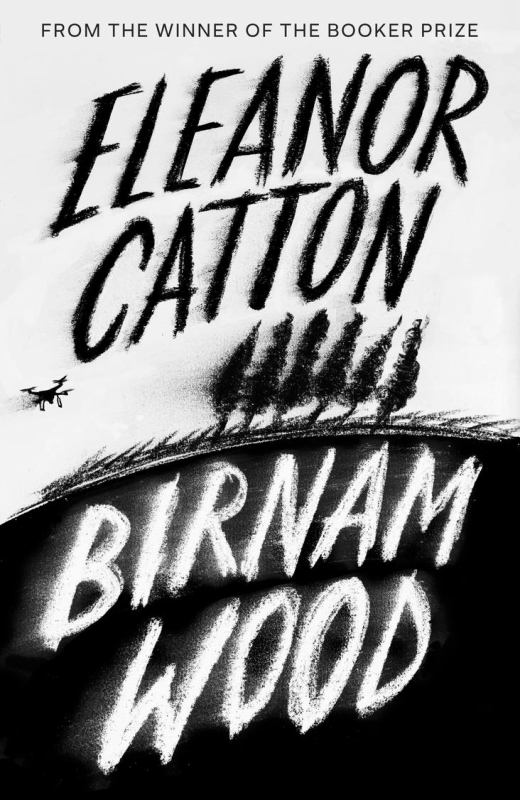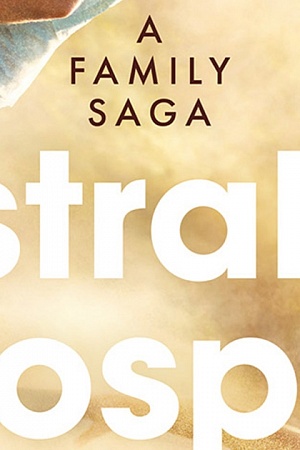Birnam Wood
Granta, $32.99 pb, 432 pp
Avant-garden
Eleanor Catton’s Birnam Wood is a thriller that, for much of its length, privileges reflection over action. Thus, when aspiring journalist Tony Gallo makes it back to his car after multiple threats to his life, does he speed away from his potential assassins in search of safety? He does not. Instead, he has a good long ponder:
He was so staggered that he started to laugh, but his laughter subsided almost at once, and in its place he felt a wave of fury and despair roll over him at the sheer inexorability of late-capitalist degradation not just of the environment, not just of civic institutions, not just of intellectual and political ideals, but worse, of his own expectations, of what he even felt was possible any more – a familiar surge of grief and helpless rage at the reckless, wasteful, soulless, narcissistic, barren selfishness of the present day, and at his own political irrelevance and impotence, and at the utter shamelessness with which his natural inheritance, his future, had been either sold or laid to waste by his parents’ generation, trapping him in a perpetual adolescence that was further heightened by the infantilising unreality of the Internet as it encroached upon, and colonised, real life – ‘real life’, Tony thought, with bitter air quotes, for late capitalism would admit nothing ‘real’ beyond the logic of late capitalism itself, having declared self-interest the only universal, and profit motive the only absolute, and deriding everything that did not serve its ends as either a contemptible weakness or a fantasy.
The prolixity, undergraduate social analysis, and choice of exposition over action are emblematic.
Birnam Wood is set around the fictional Korowai National Park on New Zealand’s South Island. A neighbouring property owned by Sir Owen and Lady Darvish is being sold to American billionaire Robert Lemoine, ostensibly so that he can build an apocalypse-proof bunker. His true purpose is the illegal mining of rare earth minerals. The property also appeals to Birnam Wood, a collective of guerrilla gardeners, as a place to grow produce. The year is 2017, immediately before the election of Jacinda Ardern.
Continue reading for only $10 per month. Subscribe and gain full access to Australian Book Review. Already a subscriber? Sign in. If you need assistance, feel free to contact us.
















Comment (1)
Leave a comment
If you are an ABR subscriber, you will need to sign in to post a comment.
If you have forgotten your sign in details, or if you receive an error message when trying to submit your comment, please email your comment (and the name of the article to which it relates) to ABR Comments. We will review your comment and, subject to approval, we will post it under your name.
Please note that all comments must be approved by ABR and comply with our Terms & Conditions.